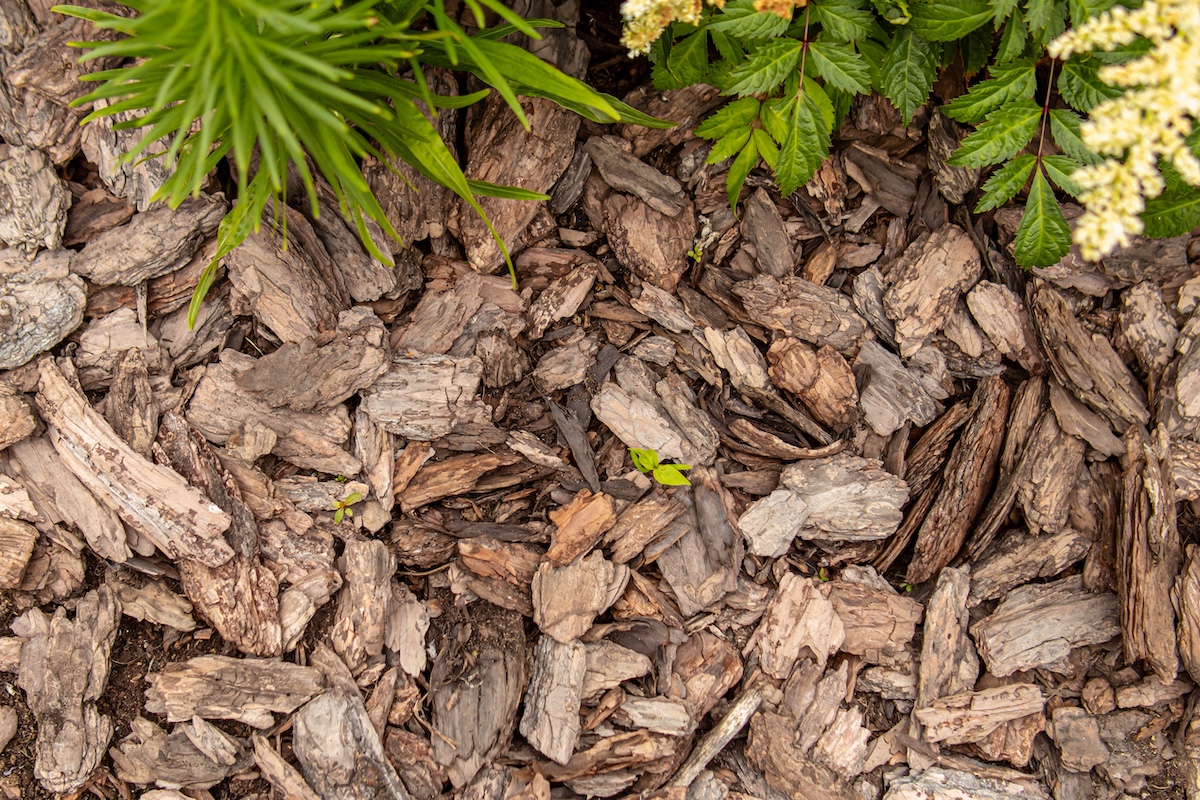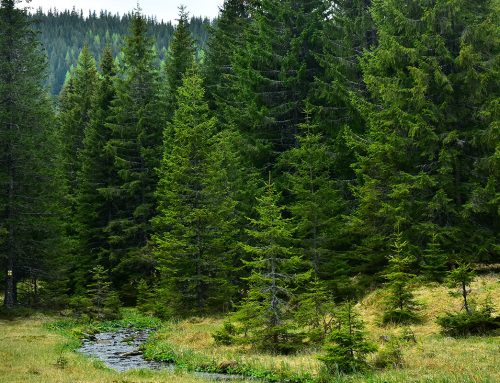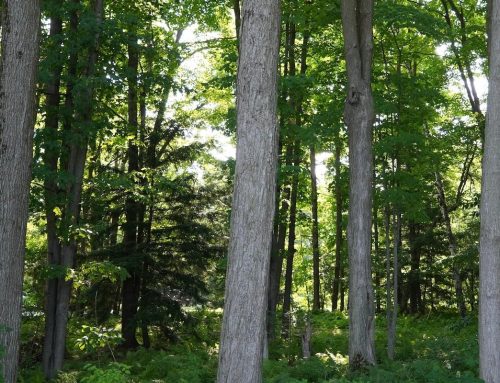Mulch is one of those unsung heroes that can make all the difference in your garden. It makes your yard look neat and polished and does a ton of behind-the-scenes work to keep your plants healthy and your soil in great shape. Understanding why mulch matters can help you build a lawn that’s as low maintenance as beautiful. Let’s break down why mulch is such a game-changer.
Soil Health

Mulch Retains Moisture
One of the biggest reasons mulch matters is its ability to keep your soil moist. Think of mulch as a protective blanket for your garden. It shields the soil from the sun and wind, slowing down evaporation so your plants have consistent access to water. This means less watering for you and healthier, more drought-resistant plants.
Mulch Regulates Soil Temperature
Most plants don’t do well in extreme temperatures. Mulch helps keep the soil cool during hot summers and warm during chilly winters, acting like insulation for your garden. Stable soil temperatures protect plant roots from stress and keep them growing strong year-round.
Mulch Adds Nutrients to the Soil
If you use organic mulch like wood chips, straw, grass clippings, or even shredded leaves, you feed your soil over time. As the mulch breaks down, it releases nutrients back into the ground, improving the fertility and structure of your soil. It's like giving your garden a slow-release multivitamin.
Mulch Supports Beneficial Microorganisms
Healthy soil is alive with microorganisms that break down organic matter and release nutrients. Organic mulch creates the perfect environment for these tiny helpers to thrive. As the mulch decomposes, it feeds the microorganisms, feeding your plants.
Preventing Problems
Mulch Suppresses Weed Growth
Weeds are one of the biggest challenges in maintaining a healthy garden. They steal nutrients, hog water, and take up space for your plants. A thick layer of mulch blocks sunlight from reaching weed seeds, making it much harder for them to sprout.
Mulch Prevents Soil Erosion
Rain and wind can wreak havoc on your topsoil, washing away those nutrient-rich layers your plants rely on. Mulch creates a protective barrier, holding the soil in place and reducing erosion. This keeps your garden’s foundation stable and healthy.
Mulch Reduces Soil Compaction
Over time, soil can become compacted from foot traffic, heavy rain, or natural settling. Compacted soil is dense and hard, making it tough for water and nutrients to reach plant roots. Mulch acts like a cushion, softening the impact of rain and footsteps and keeping the soil loose and aerated, preventing this compaction.
Mulch Helps Prevent Plant Diseases
Mulch acts as a barrier between your plants and the soil, which can help reduce the spread of soil-borne diseases. When water splashes onto bare soil, it can carry pathogens onto plant leaves. Mulch minimizes this splashing effect, keeping your plants healthier.
It’s no secret—a fresh layer of mulch enhances the overall look of your garden. But mulch is so much more important than that. It protects your soil, keeps your plants healthy, and reduces maintenance while supporting the natural processes that make your garden thrive.



